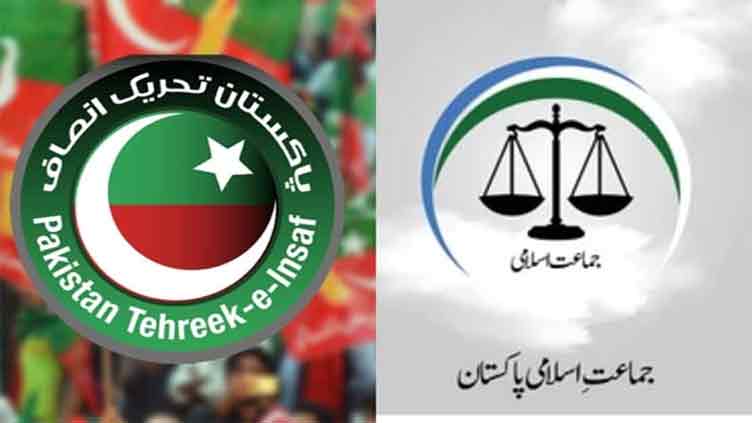PESHAWAR: Jamaat-e-Islami (JI) has made a significant decision by declining to extend cooperation to the Pakistan Tehreek-e-Insaf (PTI), which had sought assistance from the religiopolitical party to accommodate its independents who emerged victorious in the February 8 elections for the Khyber Pakhtunkhwa Assembly.
Deputy Emir of JI, Liaqat Baloch, announced on Wednesday that after thorough consultations within the party, they have decided not to comply with PTI’s request.
Baloch revealed that PTI had approached JI solely for assistance in forming the government in Khyber Pakhtunkhwa, while expressing readiness for cooperation at the national level across Pakistan.
This refusal implies that PTI may not secure any of the reserved seats – 26 for women and four for minorities – in the Khyber Pakhtunkhwa Assembly unless it finds an alternative solution.
PTI faces a challenge after the Election Commission of Pakistan (ECP) stripped the party of its “bat” symbol, compelling it to field candidates as independents who contested on various symbols.
Consequently, despite securing a significant number of seats in the provincial legislatures of Khyber Pakhtunkhwa and Punjab, as well as the National Assembly, PTI may not obtain reserved seats for women and minorities unless its members align with one of the parties that contested the recent elections.
In response, PTI has turned to another option – Majlis-e-Wahdat-e-Muslimeen (MWM) – for cooperation in other regions of the country.
MWM Chairman Allama Raja Nasir Abbas welcomed PTI’s decision to form an alliance, highlighting the party’s readiness to accept it unanimously and unconditionally.
Earlier, PTI had announced plans to collaborate with MWM for government formation in the Centre and Punjab, with discussions ongoing for alliances with various parties, excluding PPP, PML-N, and MQM. However, PTI’s attempts to form an alliance with JI in Khyber Pakhtunkhwa faced obstacles, as Ali Amin Gandapur was nominated for the chief minister’s position.
Yet, PTI faces challenges even if its independents join MWM in the National Assembly, as electoral laws necessitate separate candidate lists for minority and women seats, which MWM reportedly hasn’t provided.
Nevertheless, some experts suggest that MWM, or any party, can submit these lists at any stage, even after the direct seat elections.


